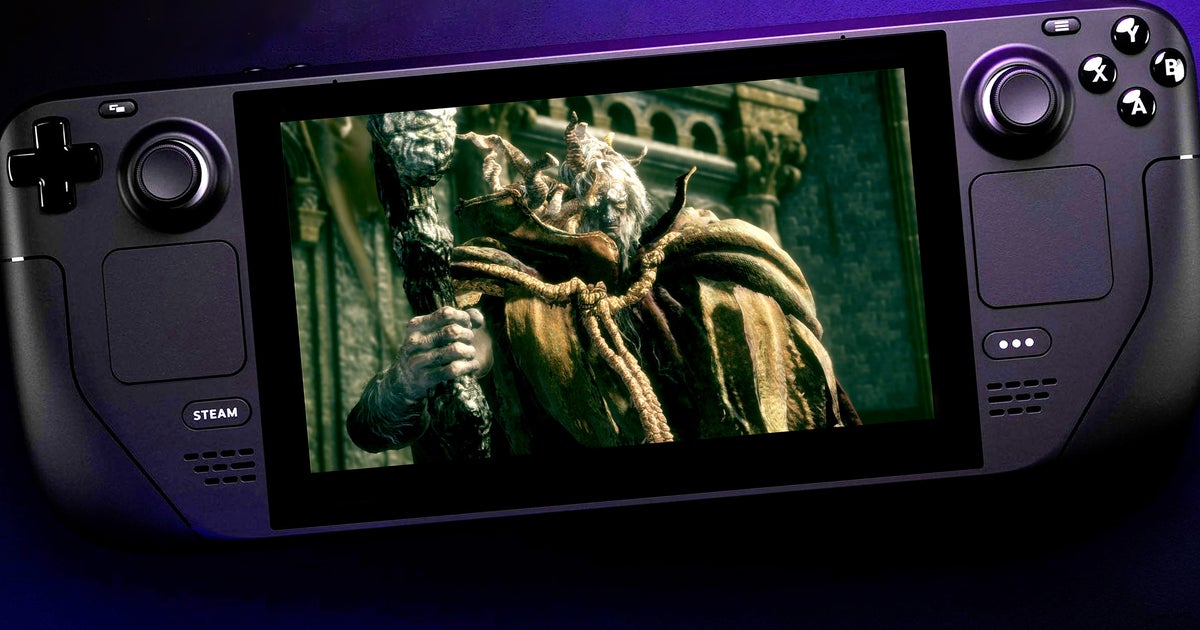If you're not on SteamOS you can download the shader caches from a public source yourself.
All Valve have done is streamline this process into the OS for deck users - it literally downloads the shader cache before the game when you're in the process of installing a game.
It's not about "magic bullets", it's about utilising Proton and the Linux environment in the way it was intended.
By the way, I'm not blaming the average user for not being aware that avenues for them to easily download shader caches for their games. This is something that needs to be baked into gaming focused Linux distros ASAP so that the whole process is streamlined for everyone.







